Relatives of Afghan family killed in US strike demand justice, face-to-face apology
Relatives of an Afghan family wiped out in a US drone strike last month are demanding justice from international institutions as well as a face-to-face apology from American officials.
The Pentagon kept insisting for over two weeks that the August 29 strike was warranted and necessary to prevent an attack on American troops in the wake of a bombing at the Kabul airport that killed 13 US military servicemen and as many as 170 Afghan civilians.
Ezmarai Ahmadi was wrongly identified as a Daesh-K terrorist by US intelligence, which tracked his vehicle for eight hours before targeting the car with a missile fired from a Reaper drone. Ahmadi was a civilian who, ironically, worked for a California-based aid organization in Afghanistan.
That attack resulted in ten civilian deaths. Seven of them were children.
On Friday, a top US general finally admitted the attack was an error, and US Defense Secretary Lloyd Austin apologized to the relatives of those killed.
The survivors of the attack and grieving relatives of the victims, however, say an apology is not enough.
“No one (has contacted) with us to apologize," said Emal Ahmadi, the brother of Ezmarai Ahmadi.
"I lost ten members of our family and the US should pay," added Emal, who lost his toddler, Malika, to the US strike. "We demand justice from international institutions... Then we want compensation."
Another relative of the victims, Farshad Haidari, told AFP, "They must come here and apologize to us face-to-face.”
"They must come and compensate," he demanded. "They were not terrorists, and now it is clear for them and all the world to see," he said of his relatives.
Calling for justice, he also demanded the authorities to "capture and prosecute" those responsible for firing the missile.
General Kenneth McKenzie, the head of US Central Command, claimed full responsibility for what he said was a "mistake."
The general said Washington was studying how payments for damages could be made to the families of those killed.
McKenzie said the drone strike that was launched in the chaotic hours after the deadly bombing near the Kabul airport, had been meant to prevent another attack on US troops.
In the days since, he said, Washington has determined that "it is unlikely that...those who died were associated with" Daesh K, an affiliate of the notorious Daesh terrorist organization.
The US-led invasion of Afghanistan in 2001 removed the Taliban from power, but it worsened the security situation in the country. Two decades later, the Taliban have returned to power again.
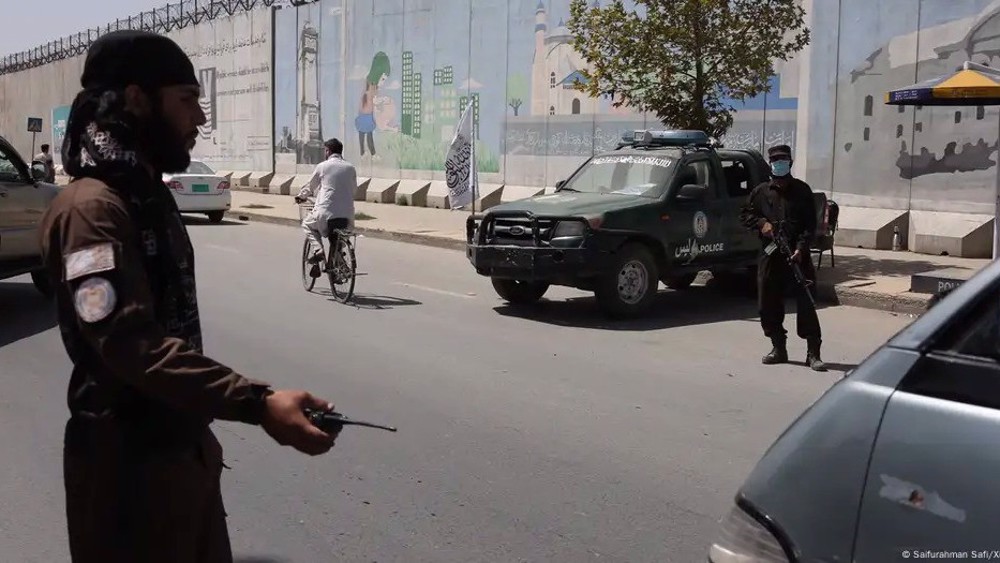
Deadly bombing attack targets Taliban ministry building in Kabul
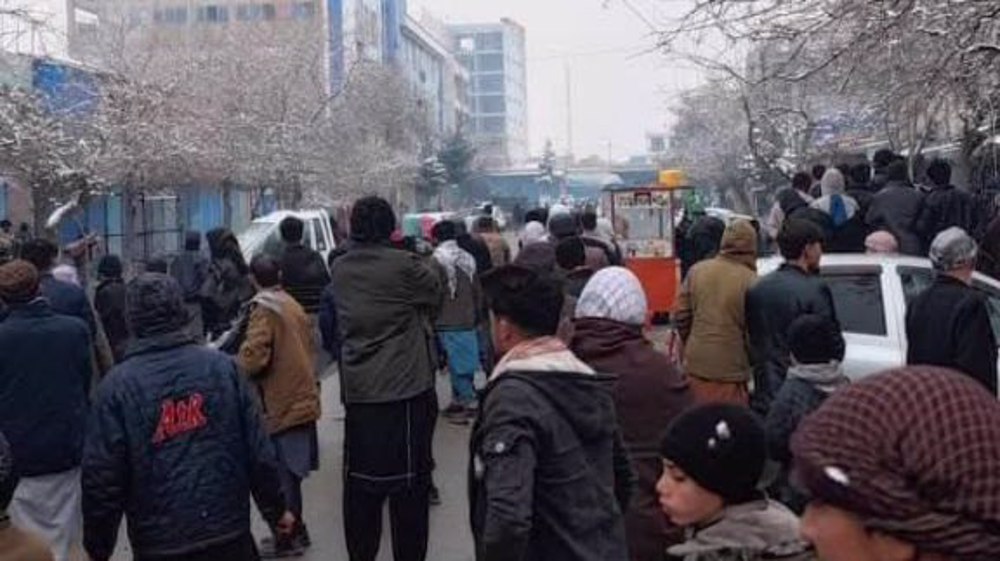
Daesh claims deadly bombing attack in northern Afghanistan
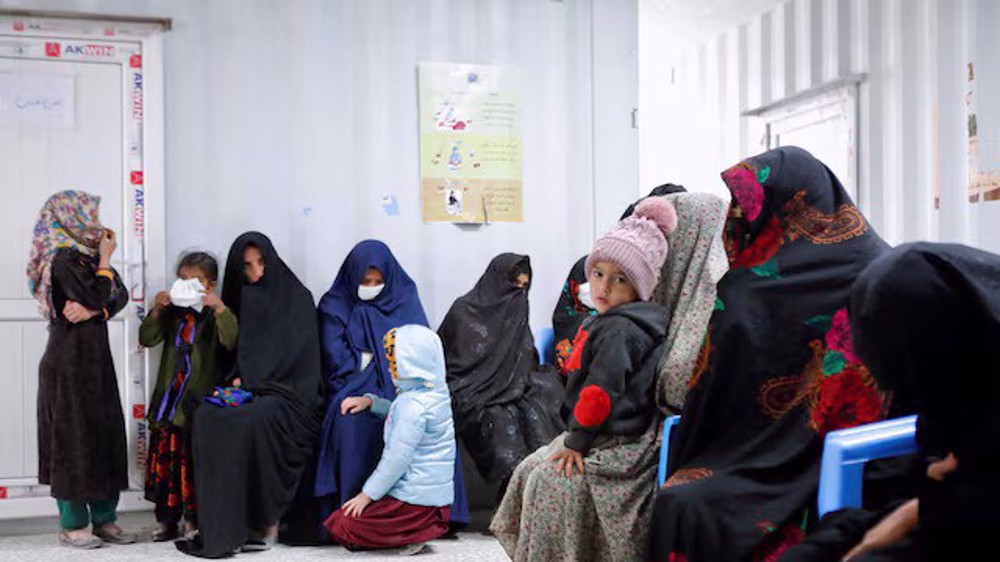
UN warns of rise in maternal deaths in Afghanistan due to US funding pause
VIDEO | Lebanese resistance remains alive
Iran’s daily sweet gas production peaks at 870 mcm: NIGC
Nasrallah shattered myth of Israeli military’s invincibility: Top Yemeni official
Iran says it has attracted $8.2bn of foreign investment since Aug
‘Misguided policies’: Araghchi says unjust sanctions inflict suffering on innocent Iranians
Iran summons Polish envoy over 'baseless, biased' drone claims
Election winner conservative Merz invites Netanyahu to Germany despite ICC warrant
7,000+ killed in eastern DR Congo since January: PM


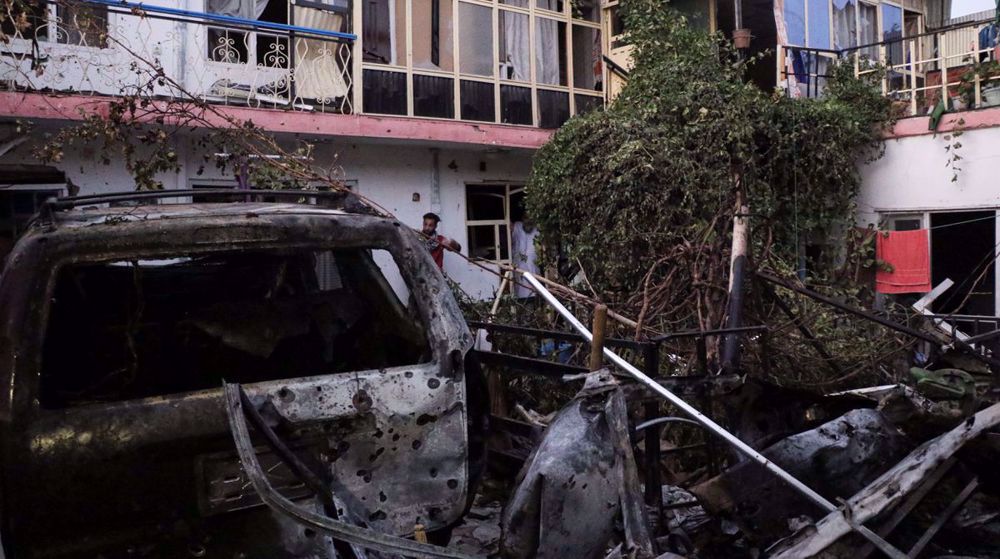



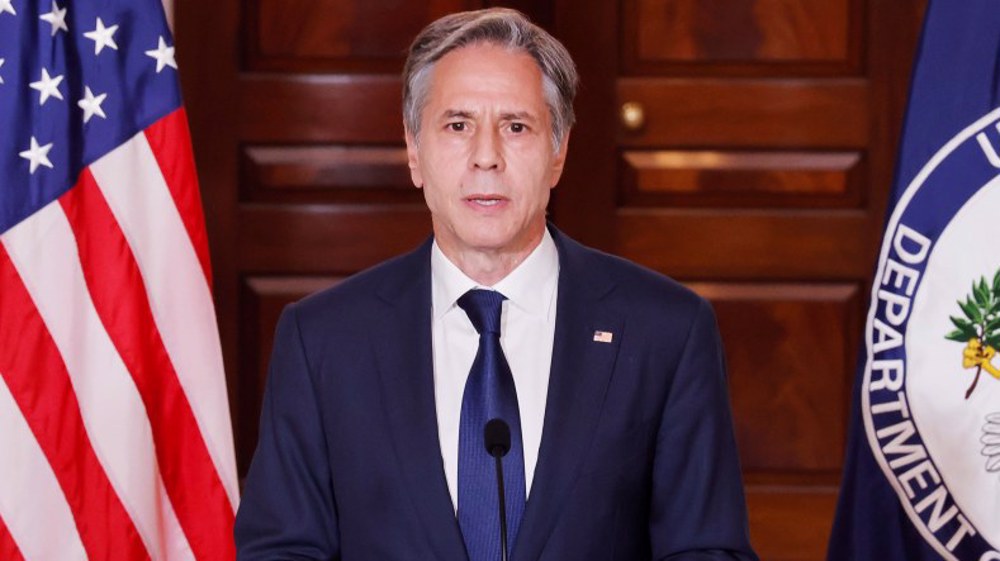
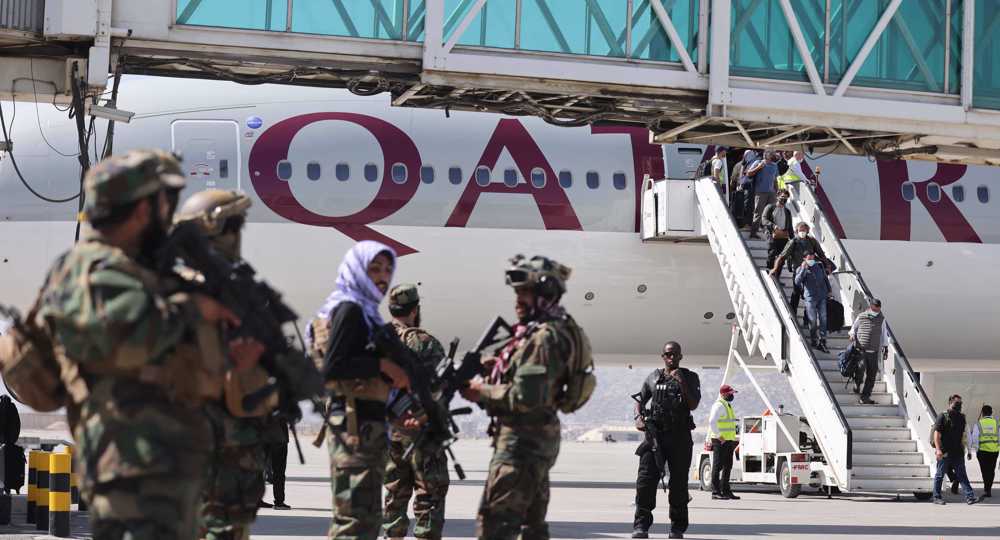

 This makes it easy to access the Press TV website
This makes it easy to access the Press TV website